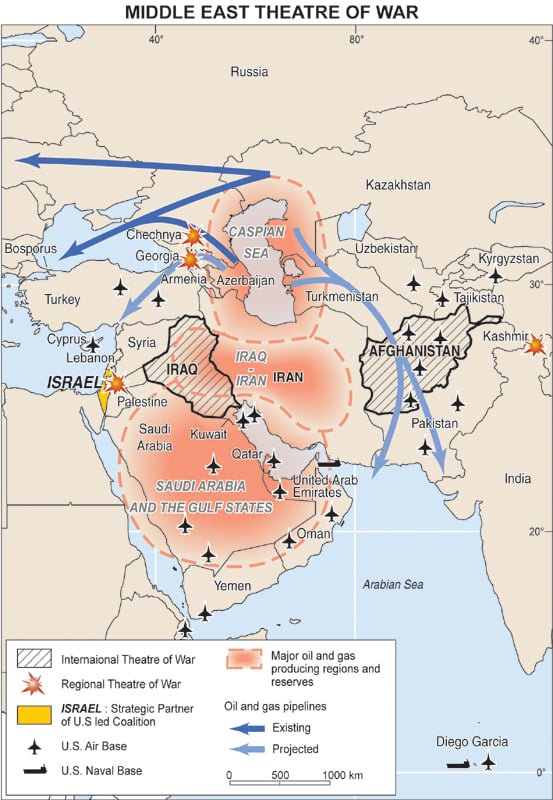The world's hungriest are the losers as an old colonialism returns to govern relations between wealthy and poor nations
In his book Late Victorian Holocausts, Mike Davis tells the story of the famines that sucked the guts out of India in the 1870s. The hunger began when a drought, caused by El Niño, killed the crops on the Deccan plateau. As starvation bit, the viceroy, Lord Lytton, oversaw the export to England of a record 6.4m hundredweight of wheat. While Lytton lived in imperial splendour and commissioned, among other extravagances, "the most colossal and expensive meal in world history", between 12 million and 29 million people died. Only Stalin manufactured a comparable hunger.
Now a new Lord Lytton is seeking to engineer another brutal food grab. As Tony Blair's favoured courtier, Peter Mandelson often created the impression that he would do anything to please his master. Today he is the European trade commissioner. From his sumptuous offices in Brussels and Strasbourg, he hopes to impose a treaty that will permit Europe to snatch food from the mouths of some of the world's poorest people.
Seventy per cent of the protein eaten by the people of Senegal comes from fish. Traditionally cheaper than other animal products, it sustains a population that ranks close to the bottom of the human development index. One in six of the working population is employed in the fishing industry; about two-thirds of these workers are women. Over the past three decades, their means of subsistence has started to collapse as other nations have plundered Senegal's stocks.
The EU has two big fish problems. One is that, partly as a result of its failure to manage them properly, its own fisheries can no longer meet European demand. The other is that its governments won't confront their fishing lobbies and decommission all the surplus boats. The EU has tried to solve both problems by sending its fishermen to west Africa. Since 1979 it has struck agreements with the government of Senegal, granting our fleets access to its waters. As a result, Senegal's marine ecosystem has started to go the same way as ours. Between 1994 and 2005, the weight of fish taken from the country's waters fell from 95,000 tonnes to 45,000 tonnes. Muscled out by European trawlers, the indigenous fishery is crumpling: the number of boats run by local people has fallen by 48% since 1997.






